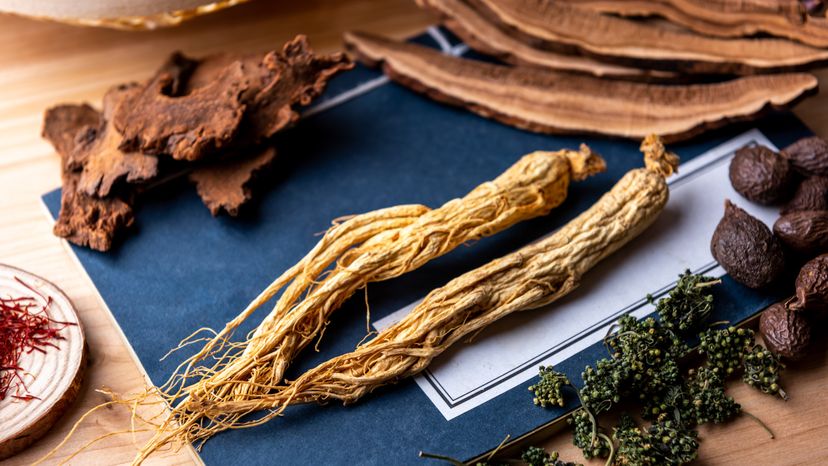
Traditional Chinese medicine is especially effective in the treatment of coughs because of its careful differentiation of the various types. For example, a cough due to heat produces sticky phlegm that is difficult to expectorate; it is treated with cooling, moistening herbs and acupuncture points that clear heat from the lungs. On the other hand, a cough due to cold is accompanied by chills and copious mucus; it is treated with warming, drying herbs and the application of moxibustion.
Without this differentiation, it is easy to see how an unfocused treatment might be ineffective or even cause the cough to get worse. Descriptions of a few of the more commonly diagnosed types of coughs in Chinese medicine follow.
Advertisement